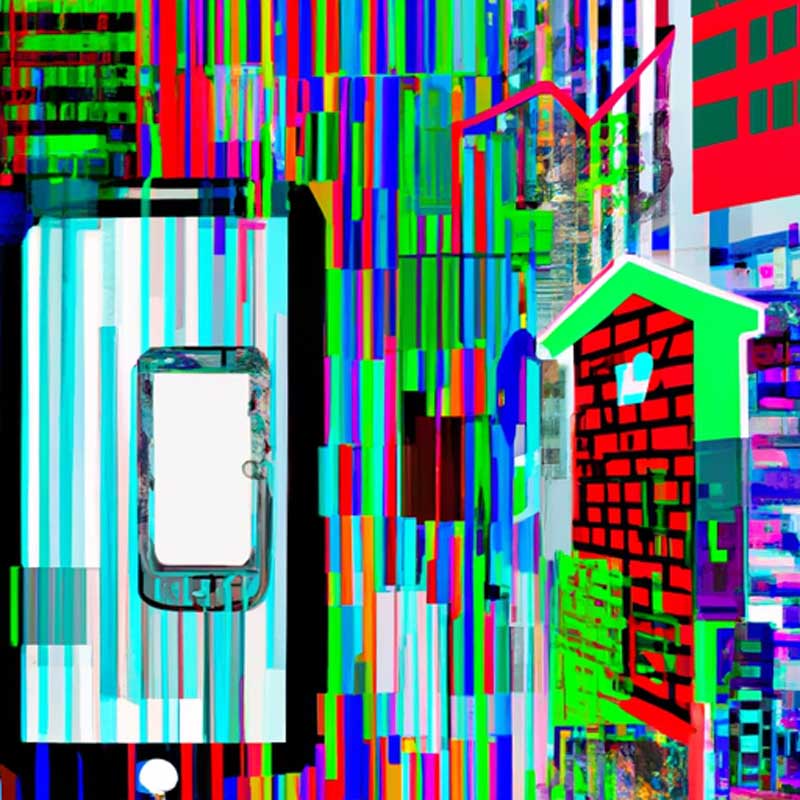# TLDR:
– AI researchers at Amii have identified a major problem in deep learning called loss of plasticity.
– This phenomenon causes AI agents to lose the ability to learn new things and even forget what they had previously learned.
The research team at the Alberta Machine Intelligence Institute (Amii) has uncovered a significant issue in the field of artificial intelligence known as loss of plasticity. In their paper published in Nature, the team discusses how many deep learning models engaged in continual learning eventually stop working, leading to a degradation in performance. This phenomenon has been named “loss of plasticity” because it hinders the AI agents’ ability to adapt and learn new information, similar to the brain’s ability to form new neural connections.
The researchers highlight that this loss of plasticity poses a major challenge in developing AI that can effectively handle the complexities of the real world. Many existing models are not designed for continual learning, which can be crucial in fast-moving and constantly changing environments like financial markets. Current models like ChatGPT are trained for a fixed period before deployment, and integrating new data can be challenging and time-consuming.
The team conducted experiments to demonstrate the widespread nature of loss of plasticity in deep learning systems. They found that as networks engaged in continual learning, their ability to differentiate between tasks decreased, indicating a loss of learning ability over time. To address this issue, the researchers proposed a modified method called “continual backpropagation,” which reinitializes useless units in neural networks to enable them to keep learning indefinitely.
Although loss of plasticity remains a significant challenge in AI research, the team is hopeful that their work will raise awareness of this issue and prompt further research to develop solutions. By tackling this problem, researchers aim to pave the way for the development of AI systems that can continually learn and adapt to the complexities of the real world.
